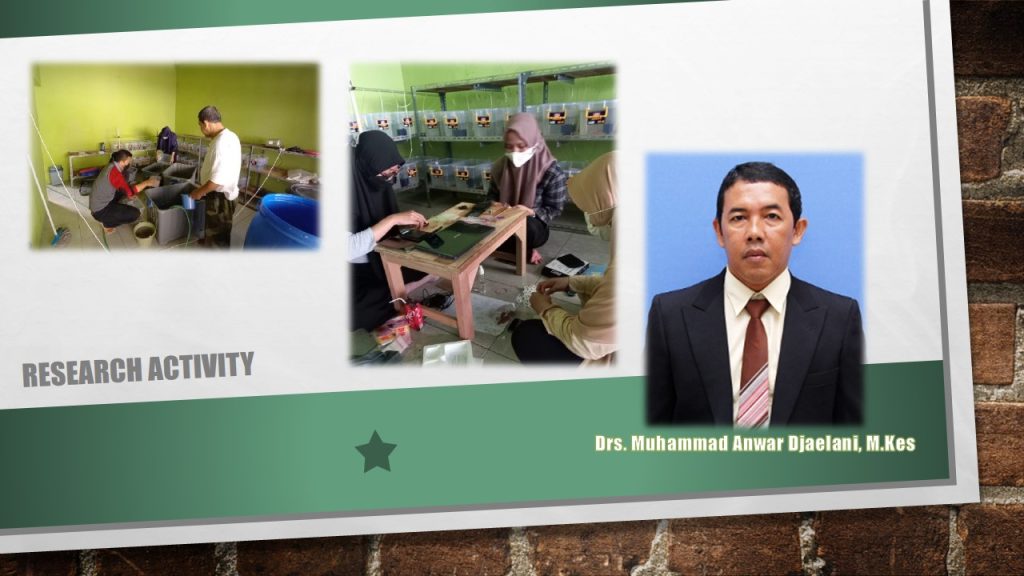bio.fsm.undip.ac.id. Dr. Muhammad Anwar Djaelani, M.Kes., a lecturer in the Department of Biology specializing in the Structure and Function of Animals, has conducted significant research aimed at improving the productivity of Nile tilapia (Oreochromis niloticus).
The title of Drs. Muhammad Anwar Djaelani’s research is “The Addition of Aeration and Filtration to the Productivity of Nile Tilapia (Oreochromis niloticus) at Different Stocking Densities.” This research aims to analyze the impact of water quality on the carcass productivity of Nile tilapia at different stocking densities.
The objective of this research is to provide a deeper scientific understanding of the impact of water quality on the productivity of Nile tilapia at varying stocking densities. Thus, the research is expected to make a positive contribution to the development of more effective techniques for the cultivation of Nile tilapia.
The results of the study indicate that an increase in stocking density has a negative impact on water quality, consequently leading to a decrease in the productivity of Nile tilapia carcasses. However, the research also demonstrates that the addition of aeration and filtration to fish farming facilities can improve water quality.
The implementation of aeration and filtration has proven to double the productivity of Nile tilapia carcasses at higher stocking densities compared to normal stocking densities. This suggests that with proper water quality management, higher stocking densities do not negatively impact the productivity of Nile tilapia carcasses.
Therefore, this research not only enhances our understanding of factors influencing the productivity of Nile tilapia but also provides practical solutions for productivity improvement through water quality enhancement. The benefits of this research are highly relevant in the context of sustainable and efficient tilapia farming.

